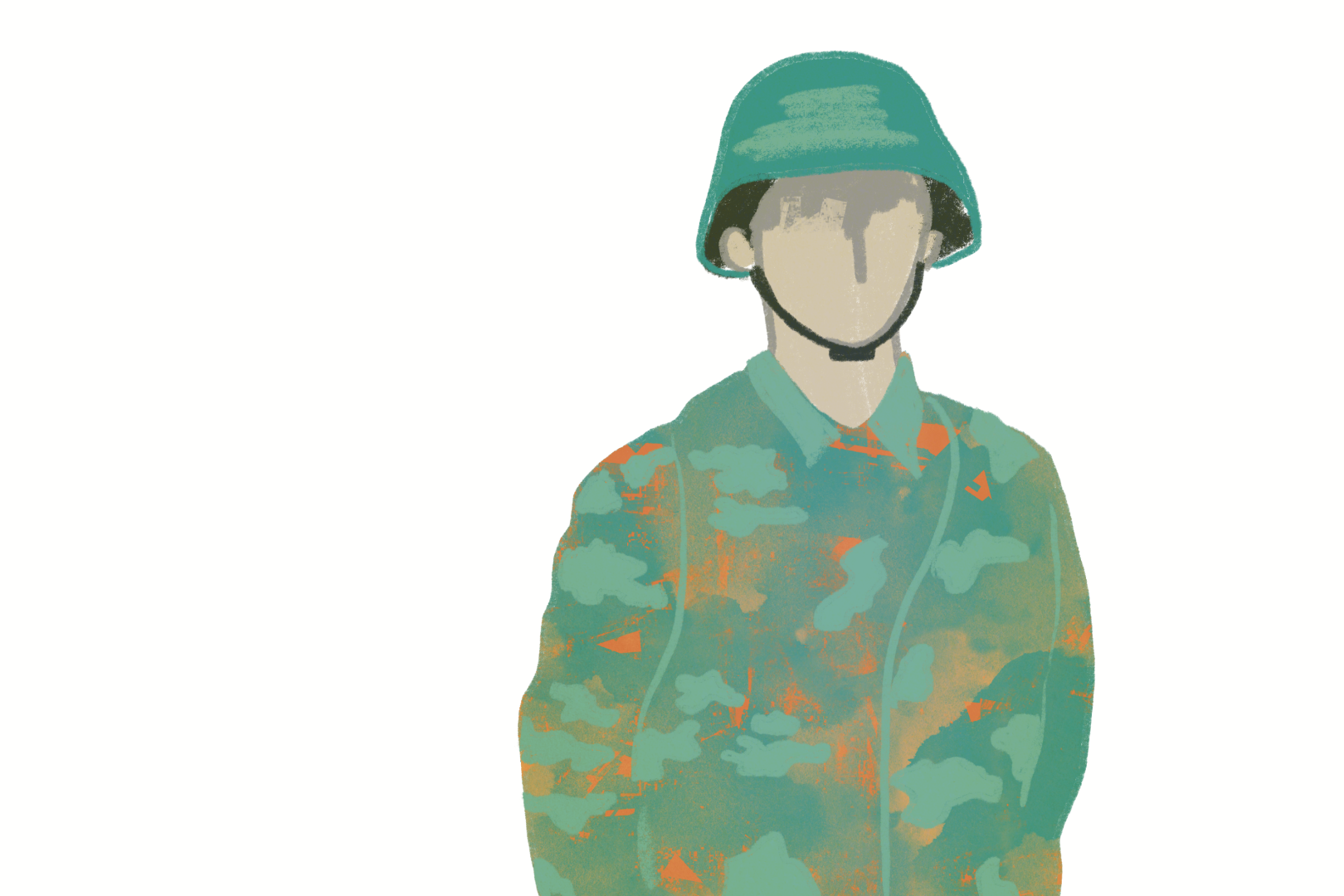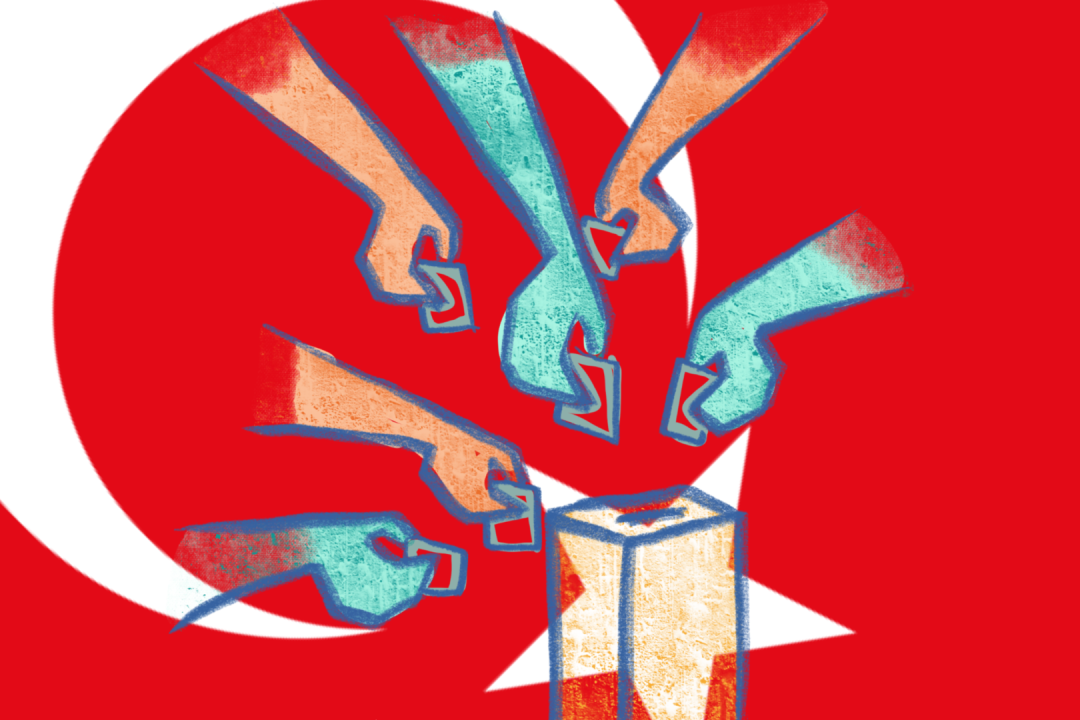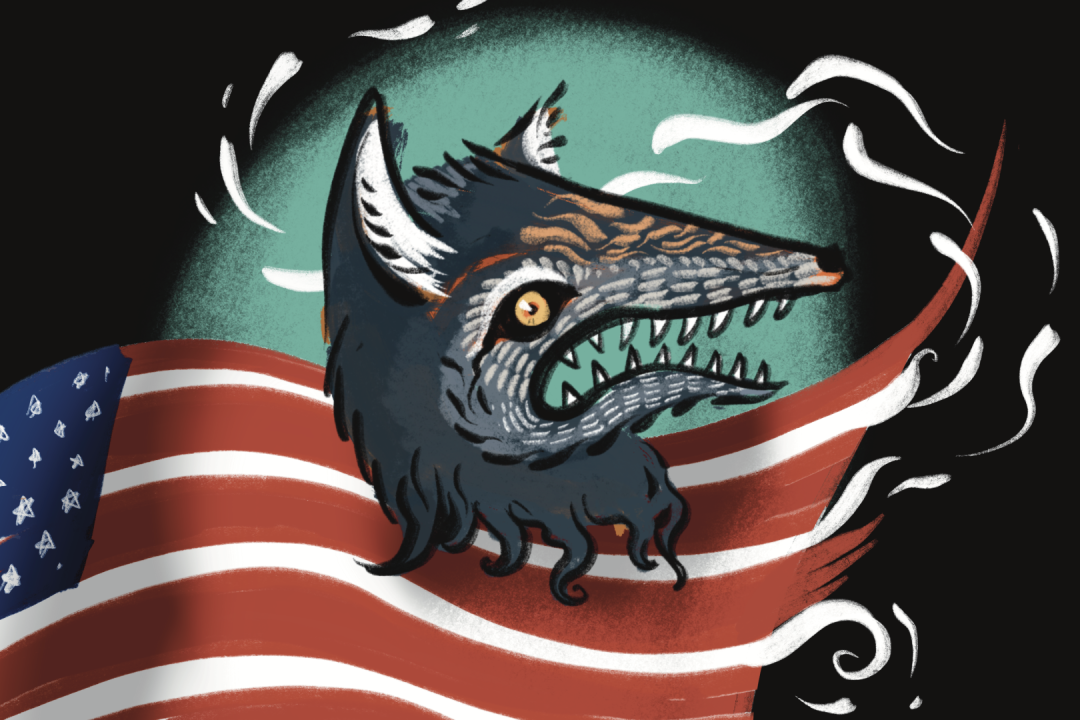
A possible Turkish offensive into northern Syria – wider context and current developments
By: Filip Sommer
On August 5th, 2022, Turkish President Recep Tayyip Erdoğan met with his counterpart, Russian President Vladimir Putin, in the Russian resort of Sochi to discuss several current economic, political, and security issues. The topics of the joint meeting included the war in Ukraine and the related food crisis in Africa and the Middle East, the construction of Turkey's first nuclear power plant, which is to be carried out by the Russian Rosatom, and the transfer of part of Turkish payments for Russian natural gas to rubles.
In addition to the joint statement, in which the heads of state agreed to strengthen cooperation in the fields of transport, agriculture, finance, and construction, the two leaders "reaffirmed their determination to act in coordination and solidarity in the fight against all terrorist organizations" in Syria. However, the results of the negotiations did not bring a fundamental breakthrough in the form of Russian permission or acceptance of a possible Turkish offensive into northern and northeastern Syria.
So, what is the current situation in northern Syria? What is Turkey's goal and how does Russia view the ongoing situation? And what role does the Islamic State (IS) play in this situation?
In the words of Turkish President Recep Tayyip Erdoğan, the long-term goal is to create a "thirty-kilometer wide security zone" in northern Syria, which would prevent possible incursions by the Syrian Kurdish People's Protection Units (YPG), the armed wing of the Democratic Union Party (PYD). PYD is the leading component of the Autonomous Administration of North and East Syria (AANES), which administers the Syrian provinces of Hasakah, Deir Ezzor, and Raqqa (together with other parts of the provinces in northern Syria).
PYD is an offshoot of the Kurdistan Workers' Party (PKK), which has been fighting for Kurdish autonomy and Kurdish rights in Turkey since the 1980s. The PKK is listed as a terrorist organization not only by Turkey but also by the United States (US) or the European Union (EU). Ankara has long termed the YPG elements as "terrorists" and perceives their existence in neighboring Syria as a threat to its national security. A possible offensive would not be surprising, since Turkey has already attacked YPG positions in Syria several times in the past years.
Turkish forays into northern Syria
Ankara has “dug its claws” into northern Syria since 2016-2017 when Turkey undertook the "Euphrates Shield" operation and seized the cities of Jarabulus and Al-Bab and the territory between them. Operation "Olive Branch" followed in 2019, when Ankara captured the city of Afrin and a large part of the territory around it, mostly inhabited by Syrian Kurds. Residents were forced to flee and resettle in the eastern parts administered by the AANES administration. Part of the population also ended up in internal displacement camps such as the al-Shahba camp.
In 2019, Turkey launched operation “Peace Spring,” where after conquering the area between the cities of Tal Abyad (Girê Spî) and Ras al-Ain (Serê Kaniyê), it took another part of the territory, north of the Syrian M4 highway. The seizure was the next step toward the creation of the security zone in northern Syria. The last major operation called "Spring Shield" was carried out by Turkey in 2020, in the wake of an SAA attack on Turkish troops observing the previous cease-fire in Idlib.
Another possible Turkish operation would probably target the cities of Tal Rifaat and Manbij, which, according to the Turkish president himself, need to be "cleaned up." Both cities are of strategic importance. While Tal Rifaat is located near the northern Syrian city of Aleppo, which is economically important to the Syrian regime, the strategic M4 highway passes through the city of Manbij1.
Pro-Turkish elements in northern Syria
Turkish military forays in the region of northwestern and northeastern Syria brought Ankara control over almost 10% of the Syrian territory, from Idlib in the west to Ras al-Ain in the east of northern Syria.
Turkey has long been using Syrian fighter-mercenaries from the ranks of the pro-Turkish Free Syrian Army (TFSA) and factions under the banner of the Syrian National Army (SNA) organization. However, both groups are internally very diversified, and there are ongoing struggles for power and control of various parts of the northern Syrian territory between individual factions.
Idlib is currently controlled by the Islamist group Hayat Tahrir al-Sham (HTS), formerly the al-Nusra Front, an offshoot of the terrorist organization al-Qaeda in Syria. HTS rules the area through its Syrian Salvation Government (SSG) project, led by Mohammad al-Jolani. The latter tries to present HTS as a moderate organization that respects minorities (for example, Christians or Druzes) and is far from radical Islamism. HTS, however, rules under sharia law, suppressing any opposition and efforts for a free media. HTS is also supported by Ankara. Further north, the areas of Afrin are ruled by the political branch of the SNA, called the Syrian Interim Government (SIG), based in the city of Azaz2.
The international dimension
Together with the Kurdish Women's Units (YPJ), YPG elements form the majority of the Syrian Democratic Forces (SDF). Since its establishment in October 2015, the SDF, which is also composed of Assyrian and Arab units, has been a key US ally in the fight against the Islamic State (IS). The US perceives the SDF as an important partner, especially in terms of one of the pillars of the US Middle East policy of "fighting terrorism," which IS radicals undoubtedly represent.
The existence, operation, and support of the SDF expose contradictions between Turkey (which perceives the SDF in the same light as the PKK) and the US (which is the main supporter of the SDF).
Russia, who has been the main ally in the fight against the "rebels" in Syria since September 2015, perceives the YPG/SDF as a pragmatic player and ally (although not to the same extent as the US). Moscow is also an important mediator between the PYD and the Syrian regime, even though the question of the future of Kurdish self-government remains unresolved.
Iran is also a significant player in Syria, whose support for the Syrian Alawite regime of President Bashar al-Assad stems from Shiite affiliation (within the broader context of the Sunni-Shiite division of the Middle East) and the long-term alliance of the two countries. Iran hosts the largest number of military bases (or points), accounting for more than half (333 out of 597) of foreign military bases in the country. Iran is also present on the lines of contact between the pro-Turkish factions of the SNA and the regime elements of the Syrian Arab Army (SAA), namely in the cities of Nubl and al-Zahraa, which are inhabited by a Shiite majority. The Islamic Revolutionary Guard Corps (IRGC) as well as pro-Iranian regime militias such as the National Defense Forces (NDF), Liwa Fatemiyoun, and Liwa Hashemiyoun, are stationed here.
Current developments
The threat of a possible Turkish offensive has somewhat shuffled the cards regarding the distribution of forces in the Kurdish-controlled part of northern Syria. The sight of a common enemy in the form of Turkey brought regime elements of the Syrian Arab Army (SAA) to larger cities such as Manbij, Kobane, and Ain Issa. This agreement between the Syrian regime and elements of the SDF was mediated by the Russian administration. Although Moscow cooperates with the SDF to a certain extent, the Assad regime remains a key ally. Thus, Russia uses the threat of a possible Turkish offensive to help the regime reach areas controlled by the SDF.
At the same time, an agreement was concluded between the regime and the Kurdish fighters about military control of the border areas, where SAA border troops were deployed3. As mentioned at the beginning of this article, Russia's response is shrouded in negotiations with Turkey. So far, however, Moscow has not given a signal that it would agree to its larger operation. On the other hand, Russia is urging both Turkey and Syria to reactivate the 1998 Adana Agreement (and it is not the first time that Moscow facilitated a meeting between those two countries) to cooperate against terror groups. However, these groups are not specified. There are also communication channels between Turkish and Syrian intelligence services dealing with these security issues in the form of terrorist organizations.
The reaction from the US side is unequivocally against the offensive. In his statement, White House spokesman Ned Price called for "immediate de-escalation“ and calming of the situation in northern Syria, as any major conflict could significantly affect operations in the fight against IS members still active in parts of Syria's Al-Badia (southwest of the Euphrates River) and al-Jazeera (northeast of the Euphrates River) and represent a destabilizing element for all actors. SDF is still responsible for the security in the al-Hol and Azraq camps, which are hosting about 60 000 IS families and imprisoning about 10,000 IS militants. However, the US “turns a blind eye“ to Turkish drone strikes targeting high-rank SDF/PKK commanders in north and east Syria.
Although the Turkish offensive has not (yet) occurred, SDF components continue to lose the most under direct pressure not only from Ankara, but also from Damascus, Tehran, Moscow, or Washington. However, the SDF does not remain idle. According to the SDF press center, its forces “carried out on the 8th of August three qualitative and effective operations targeting the movements of the Turkish occupation army on the borders adjacent to the city of Mardin“, killing 23 Turkish soldiers in total. The question remains how the Kurdish administration will resist these external and internal challenges.
1Interview with a Syrian Kurd 31/07/2022.
2Interview with a Syrian Kurd 10/08/2022.
3Interview with a Syrian Kurd 5/08/2022.




